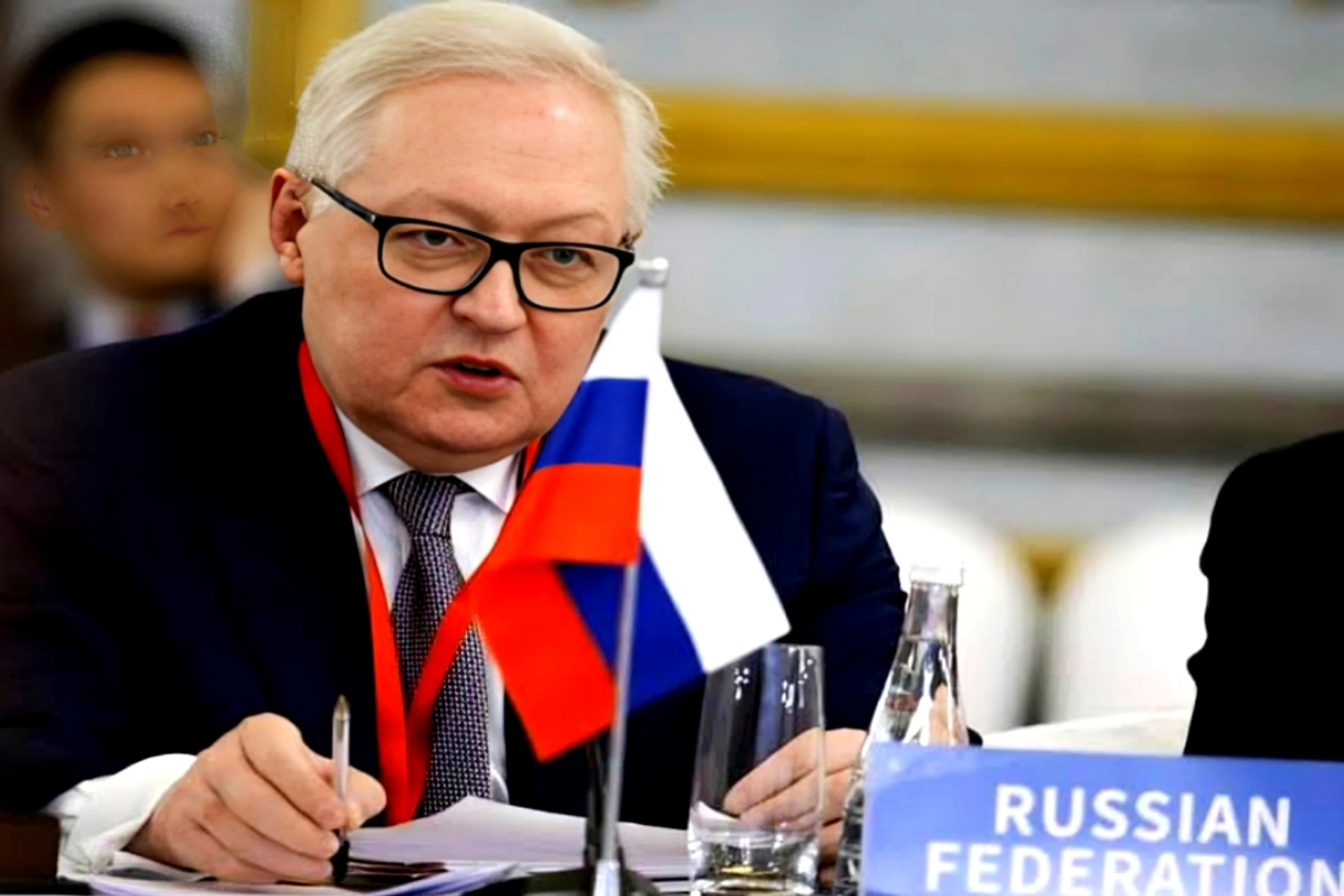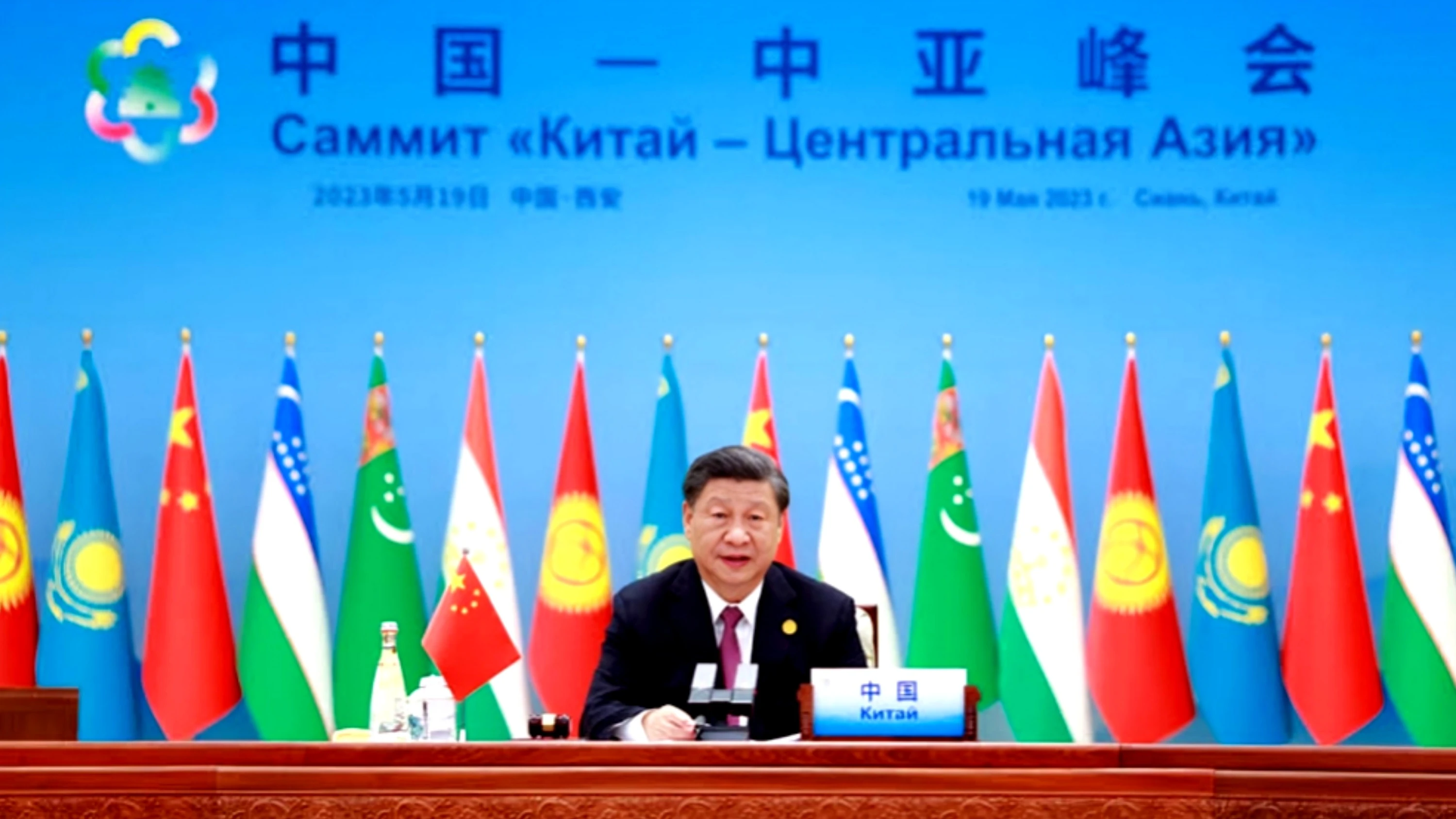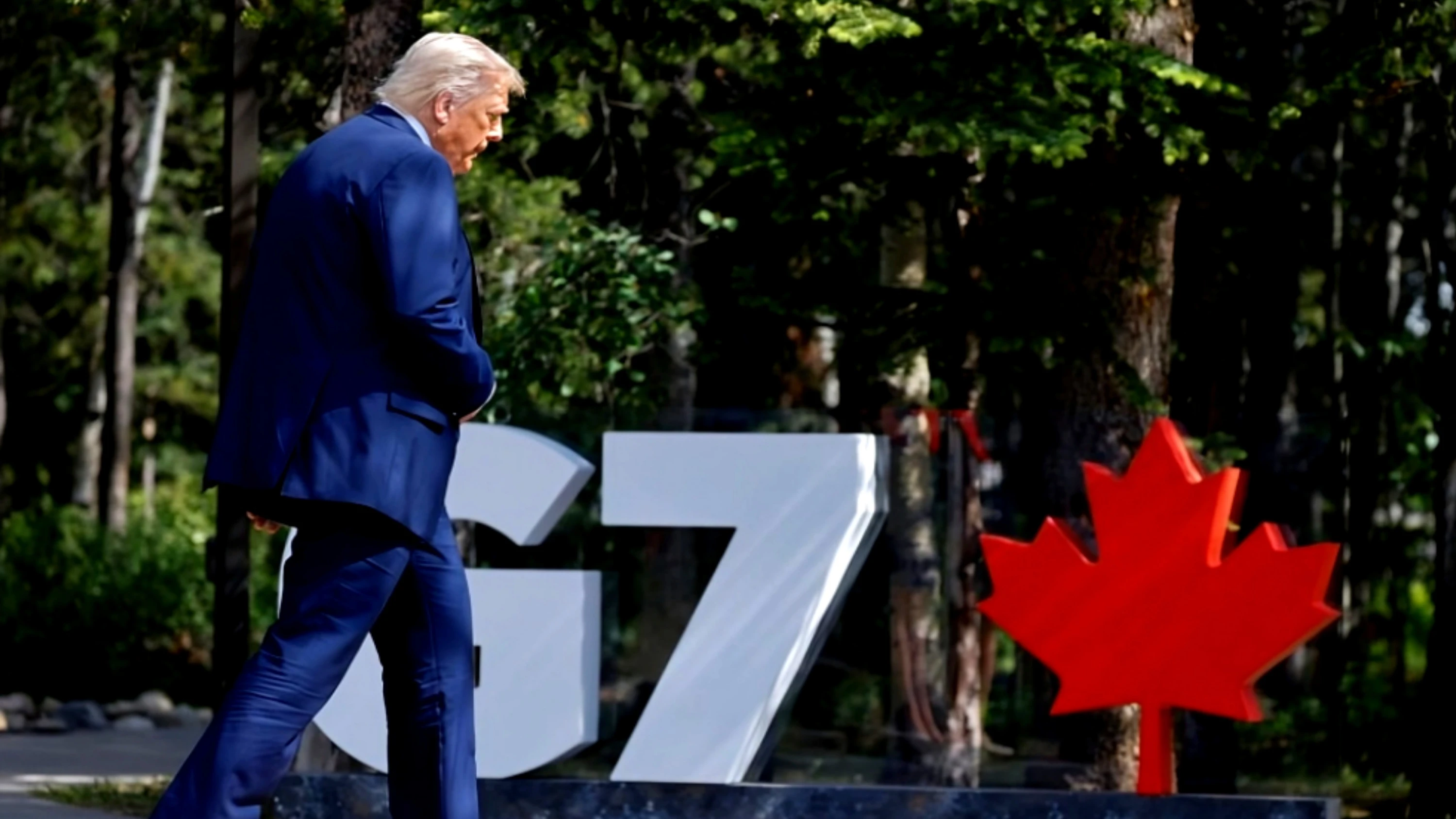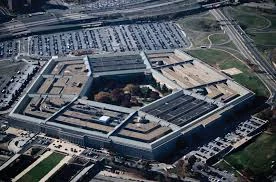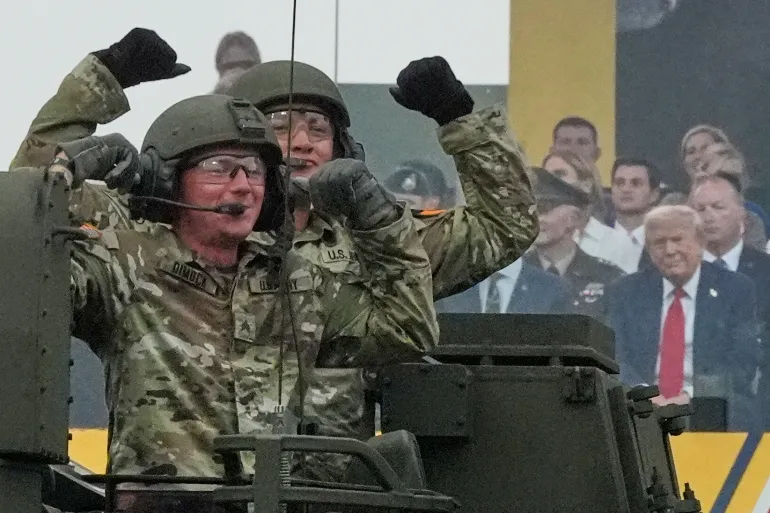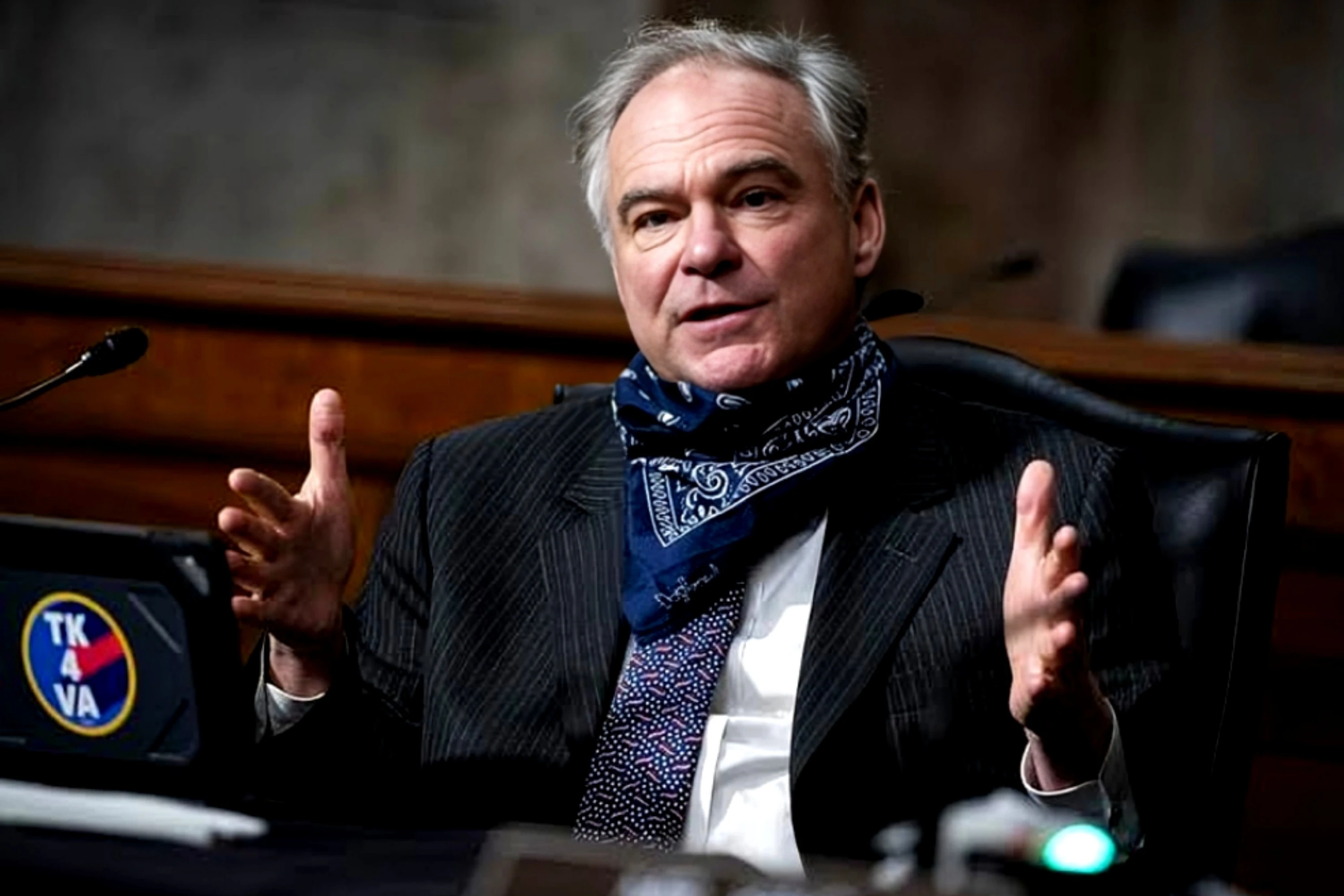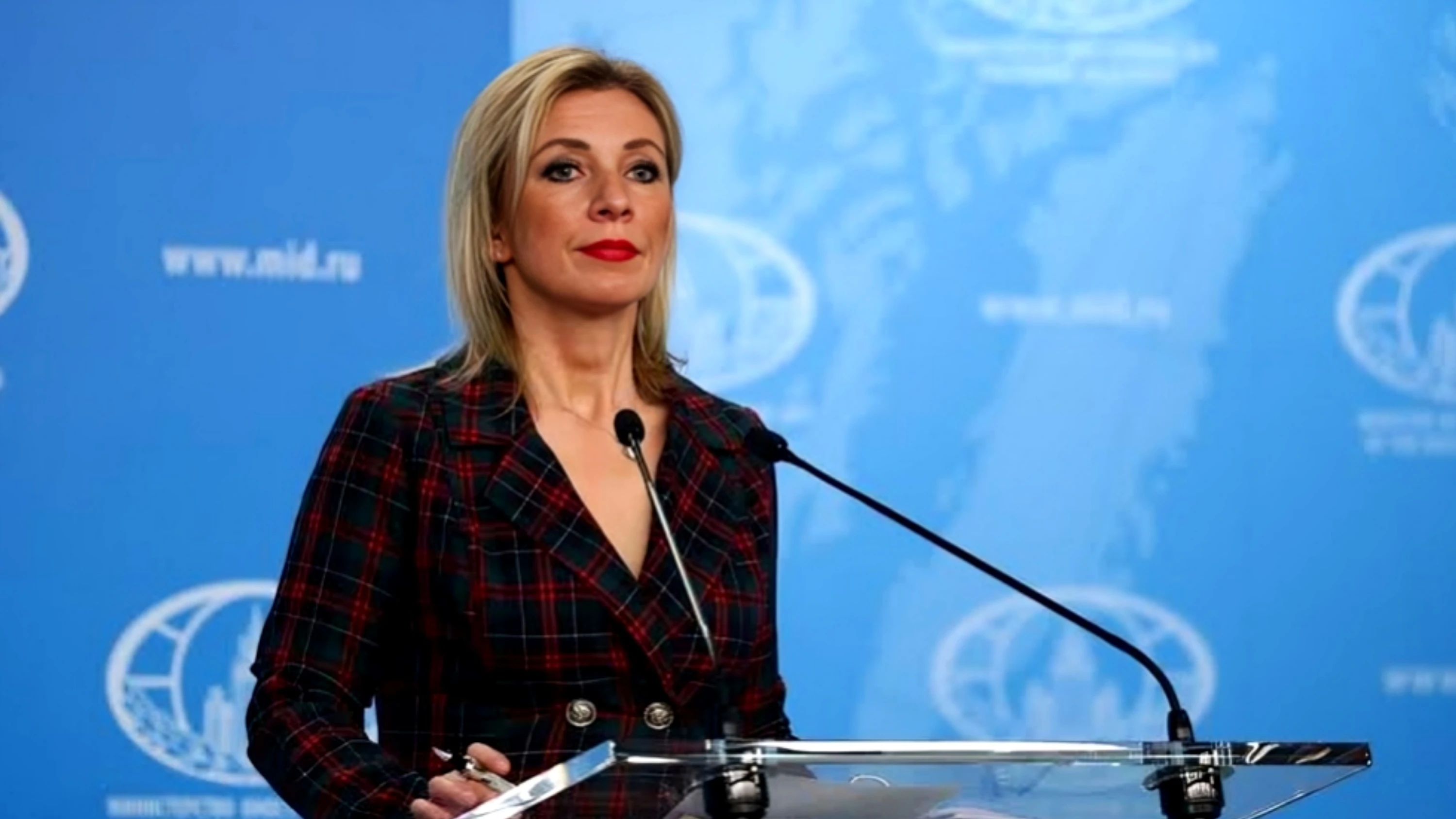ST PETERSBURG: Russia has issued a stark warning to the United States, cautioning against any military action targeting Iran, arguing such a move would dangerously destabilize the Middle East.
Speaking during the St. Petersburg International Economic Forum, Russian Deputy Foreign Minister Sergei Ryabkov urged Washington to avoid direct intervention, labeling any potential strikes as dangerously speculative and destabilizing.
“This kind of action would drastically worsen an already fragile regional situation,” Ryabkov told Interfax, emphasizing Moscow’s concern over what it sees as reckless military calculations.
Moscow’s stance comes amid heightened tensions between Israel and Iran, with Russia sharply criticizing recent Israeli strikes on Iranian nuclear facilities. Maria Zakharova, spokesperson for the Russian Foreign Ministry, warned that the world stands “millimetres from catastrophe,” stating that damage to Iranian nuclear infrastructure could trigger a nuclear disaster. She criticized the global community for remaining silent, drawing parallels to the 2011 Fukushima nuclear crisis in Japan.
“Where are the environmentalists now?” Zakharova asked, warning that radioactive consequences would not be contained to the region.
Israel has defended its actions, claiming its strikes aim to prevent Iran from acquiring nuclear weapons — an ambition Tehran denies. Meanwhile, the International Atomic Energy Agency has confirmed damage to Iranian nuclear sites, heightening concerns.
Russia has maintained strong ties with Iran, formalized in a 20-year strategic partnership signed in January by Presidents Vladimir Putin and Masoud Pezeshkian. However, the agreement does not obligate Moscow to offer military support. Despite these close relations, Russia also maintains a strained but ongoing relationship with Israel.
President Putin recently spoke with U.S. President Donald Trump, offering Russia’s services as a potential mediator in the Iran-Israel conflict. Trump, while open to the suggestion, reportedly demanded Iran’s “unconditional surrender” during the call. A source close to internal U.S. deliberations revealed that Washington is actively considering military options, including coordinated strikes with Israel against Iranian nuclear sites.
Sergei Markov noted that although Russia opposes any escalation, the conflict could inadvertently benefit Moscow. Possible outcomes include rising global oil prices, increased Chinese demand for Russian energy due to disruptions in Iranian oil supply, and a shift of U.S. military focus away from the Ukraine war.
The situation remains volatile, with Russia calling for de-escalation and restraint, even as the region teeters on the brink of a wider confrontation.


